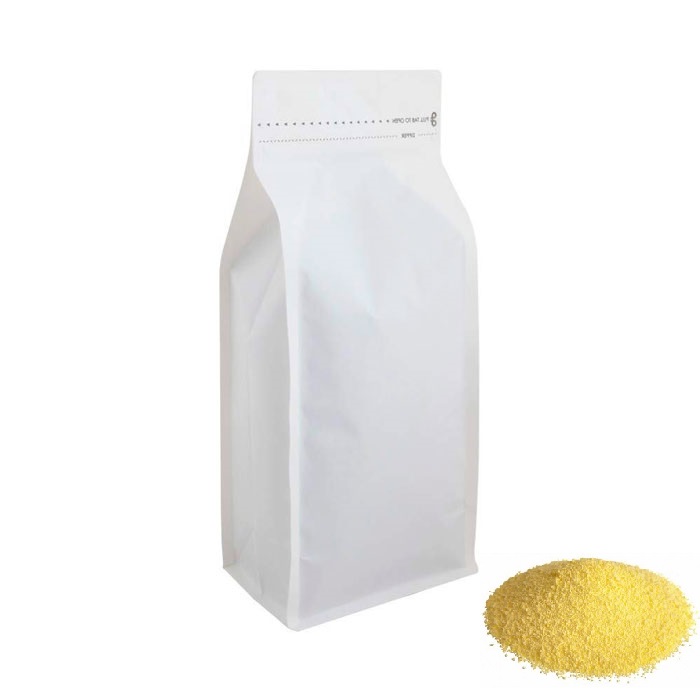Description
Soil sulfur: nutrient for plant growth
Sulfur is an essential nutrient for plant growth, and it plays a crucial role in various biochemical processes within plants. It is a component of amino acids, vitamins, and coenzymes, contributing to the overall health and development of plants. Soil sulfur is often obtained by plants from the soil in the form of sulfate ions (SO4^2-).
Here are some key points about soil sulfur:
- Sulfur Sources:
- Sulfur is present in soils in various forms, primarily as organic matter, sulfide minerals, and sulfate minerals.
- Decomposition of organic matter releases sulfur in organic forms, which can be converted to sulfate.
- Sulfate (SO4^2-) is the most common and readily available form of sulfur for plant uptake.
- Sulfur Deficiency:
- Sulfur deficiency can occur in soils with low organic matter content, in sandy soils, or in soils with high leaching potential.
- Symptoms of sulfur deficiency in plants include yellowing of young leaves, similar to nitrogen deficiency. This yellowing occurs because sulfur is essential for the synthesis of chlorophyll.
- Soil pH and Sulfur Availability:
- Sulfur availability is influenced by soil pH. In alkaline soils, sulfur can become less available to plants.
- Acidic soils generally have better sulfur availability.
- Fertilization:
- Sulfur can be supplied to the soil through organic matter decomposition, atmospheric deposition, and fertilizers.
- Some fertilizers, such as ammonium sulfate or elemental sulfur, can be used to address sulfur deficiencies in soils.
- Crop-Specific Requirements:
- Different crops have varying sulfur requirements. For example, crops like brassicas (e.g., broccoli, cabbage) have higher sulfur needs compared to some other plants.
- Environmental Impact:
- Excessive application of sulfur-containing fertilizers can lead to environmental issues, such as acidification of soils and water bodies.
- Regulatory Considerations:
- Some regions may have regulations regarding sulfur content in fertilizers, aiming to prevent environmental problems associated with sulfur overuse.
It’s important for farmers and gardeners to monitor soil sulfur levels and address deficiencies through appropriate fertilization practices to ensure optimal plant growth and productivity. Soil testing is a valuable tool to assess nutrient levels, including sulfur, and guide fertilizer applications.
Sulfur – where to buy?
ChemLV offers the opportunity to buy sulfur in our store of chemical raw materials and reagents at competitive prices. We provide convenient delivery options – directly to your door or pick up from our warehouse in Riga. We guarantee fast delivery of the required volume of ground sulfur.
For more information, call +371 25771311 or write to info@chem.lv. Our specialists will tell you about the sulfur we offer and answer all your questions. We guarantee prompt delivery of products and compliance with all requirements for sulfur transportation.
More products for your farm in the “Fertilizers” category: Ammonium sulfate, Magnesium sulfate, Ammonia water 25%, Urea (urea).
Security
Signal word – Warning
Stickers (Pictogram) – GHS07

Hazard statements –
H315 – Causes skin irritation.
May form combustible dust concentrations in air
Precautionary statements –
P280 – Wear protective gloves/protective clothing
P302 + P352 – IF ON SKIN: Wash with plenty of soap and water.
P332 + P313 – If skin irritation occurs: Get medical attention.
UN number – UN 1350
Hazard Class – 4.1
Packing Group – III








